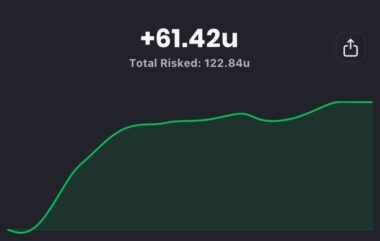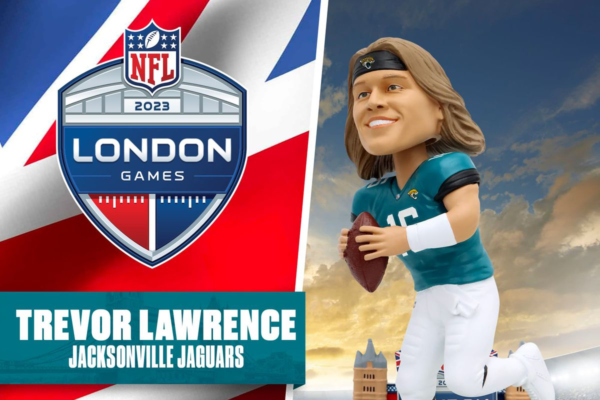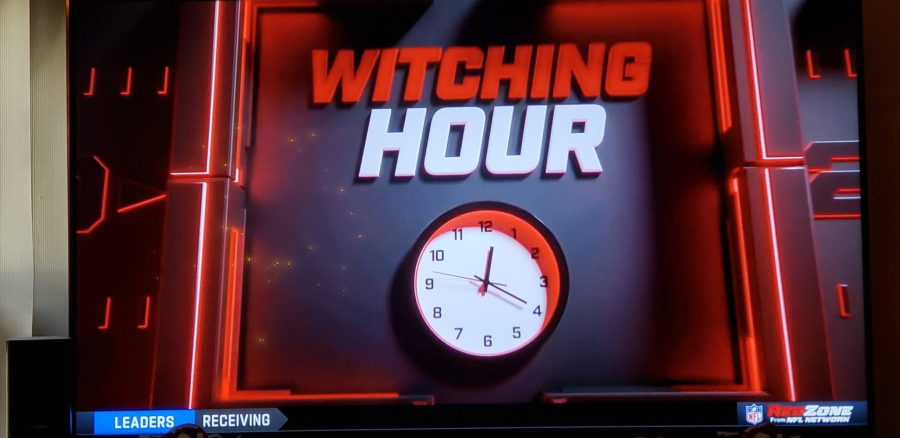For fans, players, and especially bettors, the end of a close NFL game can sometimes bring joy, while at other times, sheer frustration. But when the outcome seems to defy logic, many are left wondering: Are those script-writing commercials actually hitting too close to home? Did Vegas make a call? Could this multi-billion dollar industry actually be on the take from the old Vegas mob? Is the NFL…rigged?
In last night’s Chiefs-Jets game, Patrick Mahomes became the anti-hero for Chiefs bettors by deciding to slide in-bounds at the 1 yard line (leading to a Jets cover instead of the Chiefs covering the number). This moment re-ignited many debates around the integrity of the game. Let’s dissect what transpired and address those all-important questions.
Ready For It? The Moment We’re All Talking About
In a move that many either described (depending on which side you bet) as quintessential situational football, or a blatant attempt to manipulate the point spread, Patrick Mahomes of the Chiefs, with a clear path to the endzone, chose to slide down at the 1-yard line instead of scoring a touchdown. The Chiefs were on the brink of covering the spread against the Jets, and this particular decision kept them from doing so. To the untrained eye or a disgruntled bettor dealing with extreme emotions, this appeared to be a very strange move. Let’s break down what actually happened in the next section.
Understanding Situational Football in the End Game
At the heart of every NFL game is strategy. Coaches and players are well-versed in making decisions based on the broader objective of winning the game, not merely scoring points or satisfying bettors. Andy Reid, the future hall-of-fame coach of the Chiefs, knows a thing or two about situational football and the strategies to employ in such a scenario towards the end of the game.
In the scenario with Mahomes, the decision to slide instead of score was to ensure the Chiefs could run out the clock, leaving no opportunity for the Jets to make a potential comeback. We’ve seen multiple other NFL teams employ this (relatively simple) strategy. If the clock is under 2 minutes and the other team has no timeouts, any first down in-bounds ends the game because the game clock will expire with three kneel-downs. While it’s a tough pill to swallow for those who placed their bets on the Chiefs covering the spread, from a game-winning perspective, it was a smart move.
The Jets Know this All Too Well
This situation might seem familiar to Jets fans. Last year, a much less situationally aware football team (the Cleveland Browns) found themselves in a similar situation against the Jets. However, Nick Chubb, instead of going down at the 1-yard line, chose to score a touchdown to make the score 30-17. The result? The Jets mounted a comeback and won the game 31-30, providing a cautionary tale about the dangers of not playing situational football correctly. As a fan or bettor, it feels like the lead is safe in a two-score game, but the reality is that you’re giving the ball back to the other team. As we saw last year in the miraculous Jets comeback against the Browns, better safe than sorry.

More From EasyEdge:
Call it What You Want, but It’s Not About Vegas Rigging the NFL
When taking a step back, two things become abundantly clear:
First, when analyzing Mahomes’ choice to slide, it becomes clear that it was a calculated decision, borne from past experiences, good coaching, and a deep understanding of game strategy. It was not a nod to any external forces or a scripted plan to change the game’s outcome based on betting lines.
Second, the amount of money that would have to be at stake in order to force a start quarterback to make a game-altering decision would be staggering. The average betting handle in an NFL game is in the tens of millions, and a favorable decision for a sportsbook can produce on the order of a few million dollars of profit. Even if Mahomes was to get a “cut” of the revenue, say a million dollars, for making a play, this would not be enough money for him to make a game-altering decision, given his current contract is over 400 million dollars. At some point, common sense has to prevail, and asking Mahomes to cost his team a chance at winning a game for 1/400th of his current contract value is not a reasonable conspiracy theory.
After the end of a game like this, with emotions running high, it has become popular to attribute game outcomes to some grand conspiracy or a mysterious “Vegas call.” But the real drama of football lies in its inherent unpredictability and the split-second decisions players and coaches make on the field, not by some shadowy mob figure radioing down to Patrick Mahomes’ headset.











